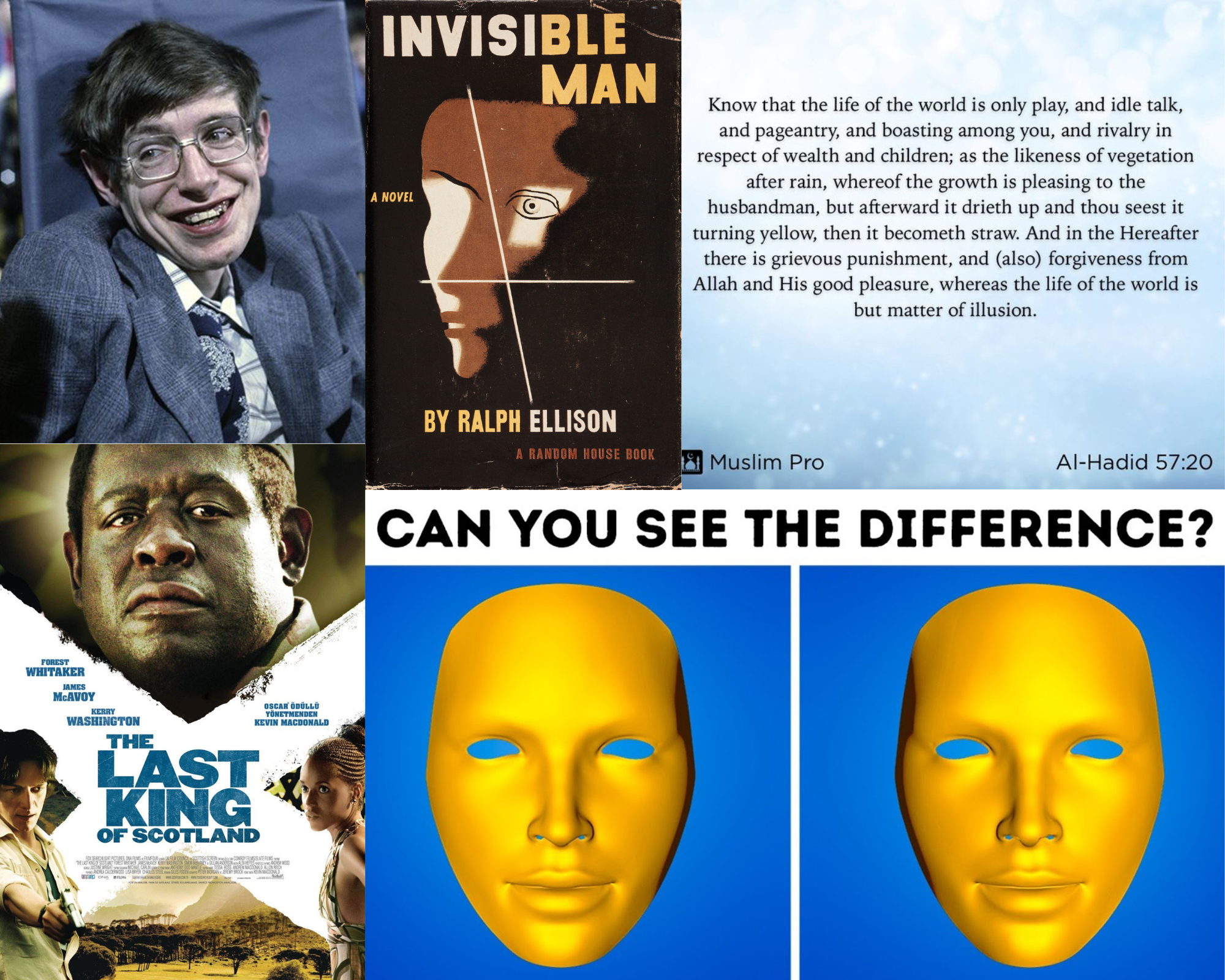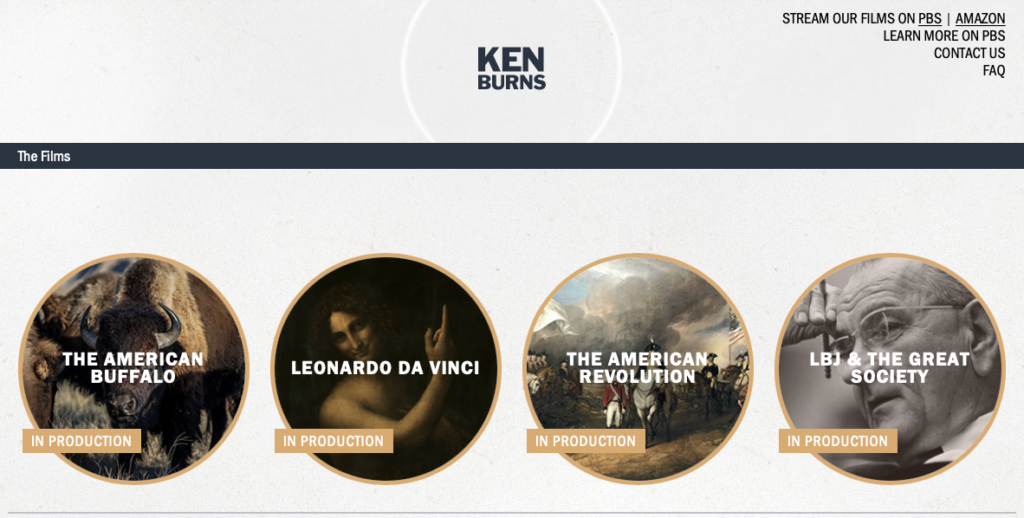Sunday Supplement #98 (March 26th, 2023)
Below is another Sunday Supplement with a quote worth sharing, a book worth reading, a movie worth watching, brainfood worth consuming, and a spiritual passage worth pondering.
Please take something away from these recommendations that enriches your week ahead!
Quote of the Week:
“Love takes off masks that we fear we cannot live without and know we cannot live within.”
– James Baldwin
Book of the Week:
The Girl With the Dragon Tattoo – Stieg Larson
Stieg Larson’s The Girl With the Dragon Tattoo centers around the disappearances of the scion of one of Sweden’s wealthiest families.
Years later, her aged uncle hires Mikael Blomkvist, an investigative journalist caught up in a libel conviction, to investigate the disappearance.
Blomkvist heads to a fictional small island in Northern Sweden and begins to untangle the mystery. He receives help from a computer hacker with a mysterious past, Lisbeth.
The novel is an exciting read with an intriguing plot and interesting themes. Larson crafted brilliant characters and a fantastic story.
I’ve only read the original trilogy of the Millennium series. Larson died before completing the third novel, and the series has since been continued with a new author.
Movie of the Week:
Ron Howard’s A Beautiful Mind is a biographical drama about the asocial mathematician John Nash and his battle with schizophrenia.
The film follows Nash’s journey as a mathematician, his work on game theory, and his relationship with his wife, Alicia Larde, as he faces his hallucinations.
A Beautiful Mind won the Oscar for Best Picture at the 2002 Academy Awards. It is currently #143 on IMDBs’ Top Rated Movies list.
In addition to the Best Picture win, Jennifer Connelly won an Oscar for her role as Alicia, Ron Howard won an Oscar for Best Director, and Akiva Goldsman won an Oscar for Best Writing – Screenplay Based on Material Previously Produced or Published.
The 2001 film is an excellent film with a fantastic story and is one of Russell Crowe’s best performances as John Nash. Check it out if you haven’t seen it.
Brainfood of the Week:

How To Love | The School of Life
The School of Life’s video starts by describing the puzzling question of why some people are so awful. The often simplistic answer is that there are terrible people.
The video then offers an experiment of looking at others through the eyes of love. It requires stamina and is best attempted at a quieter, less agitated time of day.
We often identify people at their worst moments and can be ingenious in our judgments. The enemy of generosity in this context is the sense that we may be beyond fault ourselves.
The video offers an interesting look at how we can rush to judgment and overlook our capacity to view the world through the eyes of love.
I’ve featured The School of Life in a few previous Sunday Supplements. Their channel consists of content from psychologists, philosophers, and writers devoted to helping people lead calmer and more reliant lives.
Closing Spiritual Passage:
“The only way you can conquer me is through Love, and there I am gladly conquered.”
– Bhagavad Gita (Krishna)
The Bhagavad Gita is a 700-verse scripture that dates back to around 500 BCE and is considered one of the holy scriptures for Hinduism.
There are phrases like “kill them with kindness” and “turn the other cheek” to emphasize the futility of answering violence with violence.
This particular verse addresses the God Krishna’s views on the power of love. The Krishna quote shows me the way to overcome all obstacles.
It can be taxing to be aligned with love in all matters, but it is worth striving for. I only find when my heart is full of love that I am truly at peace.
Try your best to approach yourself and others with love, and have a blessed week ahead!
16 Comments





